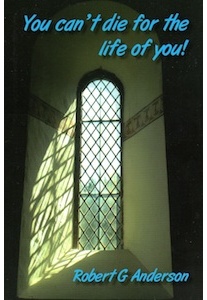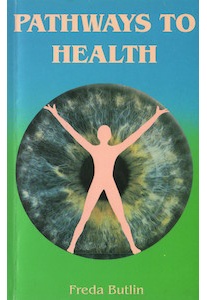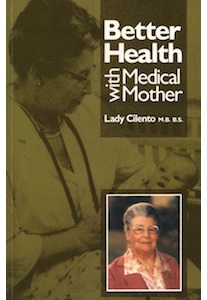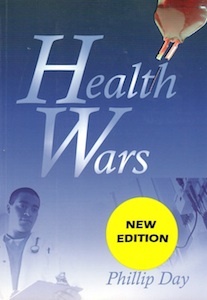From the beginning of civilization, great thinkers in various fields outside medicine have considered that man’s health mustdepend on the way in which he lived in general and, in particular, on what he ate. Immanuel Kant, one of the greatest of the philosophers, was completely contemptuous of doctors, refused to consult them and wrote in a letter: “The patient is fortunate when the prescriptions are confined to a diet and the recommendation to pure, cold water, and leave the rest to good Mother Nature.” Nietzsche and Schopenhauer relied on the healing power of nature — vis medicatrix naturae — and advised people to stay clear of doctors. Similar advice was given in their time by philosophers Pascal and Voltaire. It is well known that playwrights Moliere and Shaw considered it their responsibility to warn society against relying on doctors for their health. Shaw preserved his health into a physically and mentally vigorous old age by abstaining from the junk foods, which McCarrison’s work has branded as rubbish and becoming a vegetarian.
Even within the world of medicine, in which genius has been conspicuous by its absence, the occasional outstanding mentalityhas adopted this concept. Medicine’s men have long ago forgotten that Hippocrates, the father of medicine, said, “Nature heals all disease,” and recommended that, before treating illness in any other way, physicians should attend to the patient’s diet. Only if this failed should they then resort to medicine or surgery. Thomas Sydenham who has been termed the “English Hippocrates”, summed up his concept of disease by saying, “Disease is nothing else but an attempt on the part of the body to rid itself of morbific matter.”




